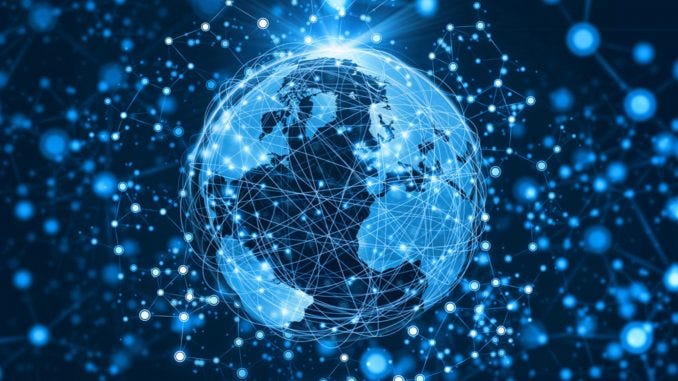Does the 1st Amendment Guarantee Freedom from Censorship?
When social media platforms such as Facebook, Twitter, and others began to remove President Trump's accounts following his remarks on January 6, it garnered a plethora of media attention. Trump and his loyal followers claimed this apparent censorship was entirely unconstitutional and that the president's first amendment rights were being violated. Yet upon further review the country's most iconic run-on sentence which has stood for more than two centuries does not include any rules regarding non-government censorship. But how could this be? Did Trump's words really lead his supporters to respond with violence? Does big tech need to be thumped on the nose for claiming to support all ideals yet appearing to have a political agenda? Let's discuss.
Although many in the United States believe the first amendment is widely applicable in all situations regarding the squashing of speech, the first five words of "Congress shall make no law" delegitimize that argument. When James Madison wrote the Bill of Rights, he was not concerned about (lizard man?) Mark Zuckerberg and Facebook. Madison's primary concern was preventing an overreaching government, which the colonists wanted to desperately escape from in England. Since these oh-so-important freedoms are worded in this way, the first amendment does not extend to private actors such as these social media platforms. This legality is known as the idea of the state action doctrine.
The next issue regarding the President's words was the question of whether or not his words caused violence. There is a fine line known as the speech/action dichotomy which determines what constitutes speech, which is protected, and action, which is not protected. The key to attributing action to speech is the concept of incitement, which the Supreme Court ruled in Brandenburg v Ohio (1969) as speech which inspires imminent lawless action that is likely to occur. PolitiFact.com reconstructed a timeline of Trump's tweets which showed he encouraged his supporters at least ten times to "stop the steal" of the election out of his favor or to gather in the capitol on January 6. However, none of his tweets directly mentioned anything related to taking deliberate action. On the day of the certification, Trump gave a speech urging those who gathered to take the next step, "We’re going to walk down to the Capitol...You have to show strength, and you have to be strong." Thus, trying to convict Trump on incitement would be foolish since it does not fit the description given by SCOTUS.
Despite never perhaps inciting violence, social media platforms had seen enough. Seemingly all of the major sites suspended Trump's accounts indefinitely under the collective reasoning of stopping him from spreading any further untrue rhetoric. Although those who are pro-Trump could argue this is an example of prior restraint, that term derives its intended meaning from the government being the one who is enacting the restriction. However, private platforms banning certain types of protected speech (particularly right-wing views) does raise cause for concern. U.S. Congressman Fred Keller (R, PA-12) remarked that big tech's action set "a dangerous precedent" for removing Trump but allowing the Ayatollah Khamenei of Iran to retain his platform. Keller's calls for a closer examination of the actions of massive technology companies continue to be amplified all across the country.
The actions taken to silence Donald Trump were not necessarily unconstitutional but rather unprecedented. An upcoming attempt by House Democrats to impeach Trump (after he is already gone from office) will likely fall flat due to the careful language of Madison regarding the relationship between speech and action. Madison's concern with a limited government are certainly a cornerstone piece of American politics. Yet this dark chapter of modern American history does raise future questions of how congress might need to intervene to stop the unchecked nature of big tech.
Sources
www.spokesman.com/stories/2021/jan/09/rob-curley-the-first-amendment-doesnt-necessarily-/
www.dailyitem.com/news/local_news/law-experts-1st-amendment-doesnt-protect-presidents-place-on-social-media/article_97fe2d73-8058-5456-bf21-ad8e4537079a.html
www.politifact.com/article/2021/jan/11/timeline-what-trump-said-jan-6-capitol-riot/



No comments:
Post a Comment